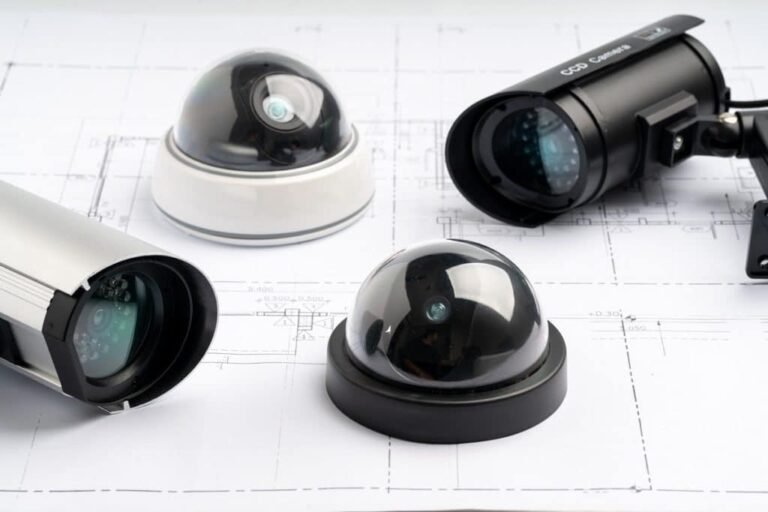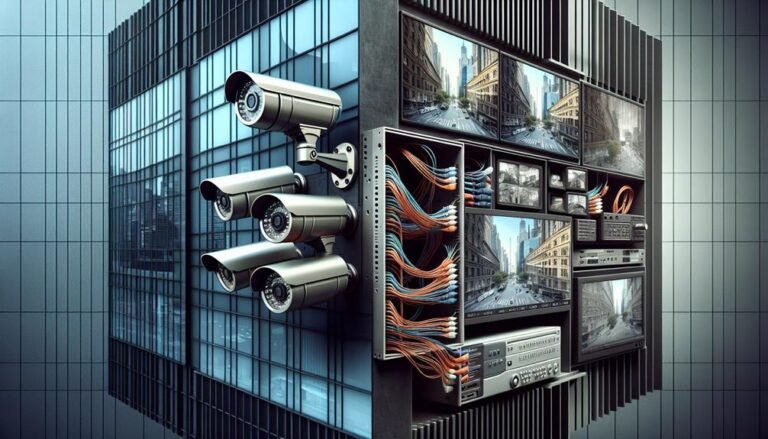How DVR Works With CCTV
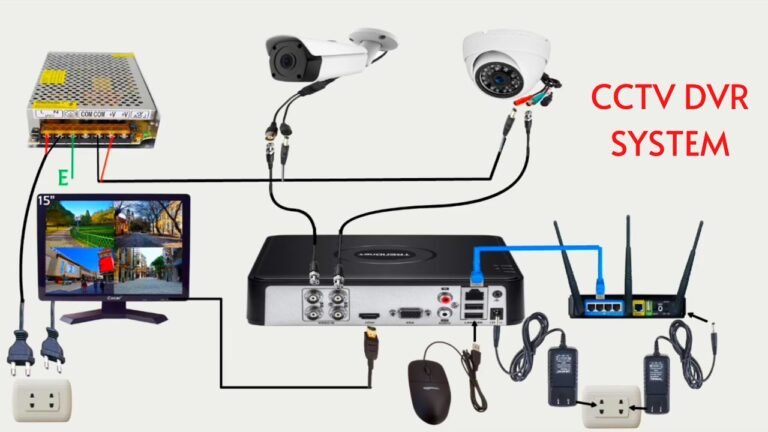
A CCTV (Closed-Circuit Television) system is an essential element in contemporary security solutions, widely utilized across various sectors, including residential areas, commercial establishments, public spaces, and industrial facilities. This system encompasses a network of cameras, monitors, and recording devices that capture and transmit video footage in a closed network, allowing for monitored and recorded surveillance.
The primary function of a CCTV system is to enhance security by providing continuous, real-time monitoring of specific areas. The presence of CCTV cameras acts as a significant deterrent to criminal activities such as theft, vandalism, and unauthorized access. Knowing they are being watched can discourage potential offenders from committing crimes. Furthermore, in the event of an incident, recorded footage serves as crucial evidence for investigations, helping law enforcement agencies identify suspects and reconstruct events.
CCTV systems are not limited to security applications; they also play a vital role in operational efficiency and management. In retail environments, CCTV cameras monitor customer behavior, prevent shoplifting, and help manage store operations. In industrial settings, they ensure safety by overseeing hazardous areas, monitoring production processes, and maintaining equipment efficiency. This multi-functional use makes CCTV systems valuable in various fields beyond traditional security.
Technological advancements have significantly enhanced the capabilities of modern CCTV systems. Features such as high-definition (HD) and ultra-high-definition (UHD) video, infrared night vision, remote access via smartphones and computers, motion detection, and advanced video analytics have become standard. These improvements enable clearer footage, better performance in low-light conditions, and the ability to monitor premises remotely, thus providing greater flexibility and control.
However, the widespread use of CCTV systems raises privacy concerns. Balancing security needs with privacy rights requires careful consideration, including appropriate placement of cameras, clear signage indicating surveillance, and adherence to legal regulations regarding data collection, storage, and access. Transparency in how footage is used and who has access to it is crucial to maintaining public trust.
In conclusion, CCTV systems are indispensable tools in modern security and management, offering significant benefits in crime prevention, operational monitoring, and safety enhancement. As technology continues to evolve, CCTV systems are likely to become even more sophisticated, providing more comprehensive and intelligent surveillance solutions.

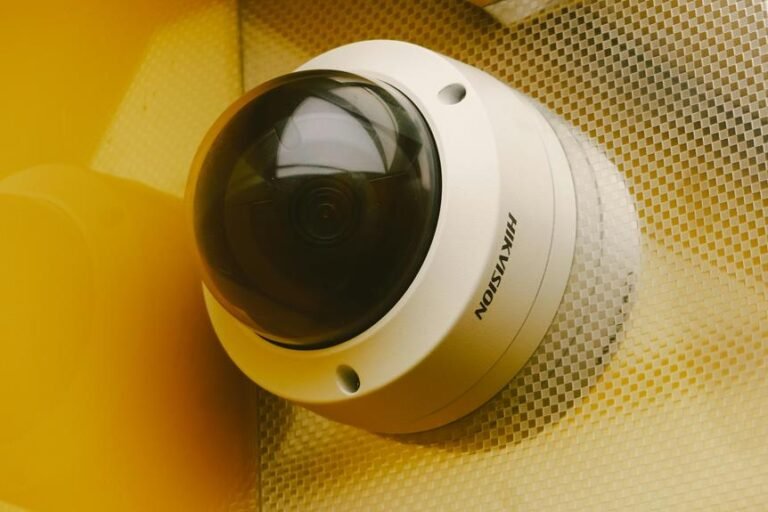
Don’t panic if your CCTV camera suddenly loses its video signal. First, check the power supply and make sure the adapter is securely connected. Next, inspect all cable connections and give them a gentle tug to confirm they’re secure. Verify…
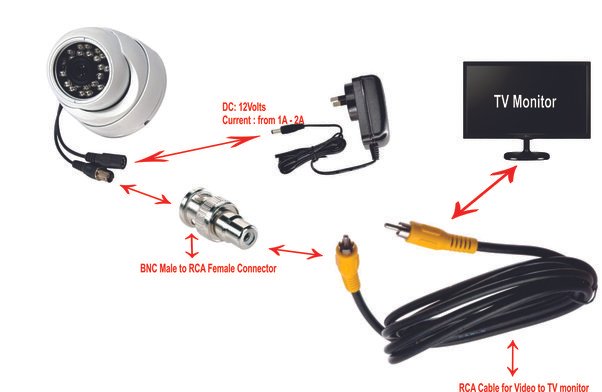
To connect your CCTV camera to a monitor without a DVR, begin by collecting a compatible monitor, power adapter, BNC cable, and a BNC to HDMI or VGA converter. Confirm that your camera and monitor have matching signal types and…
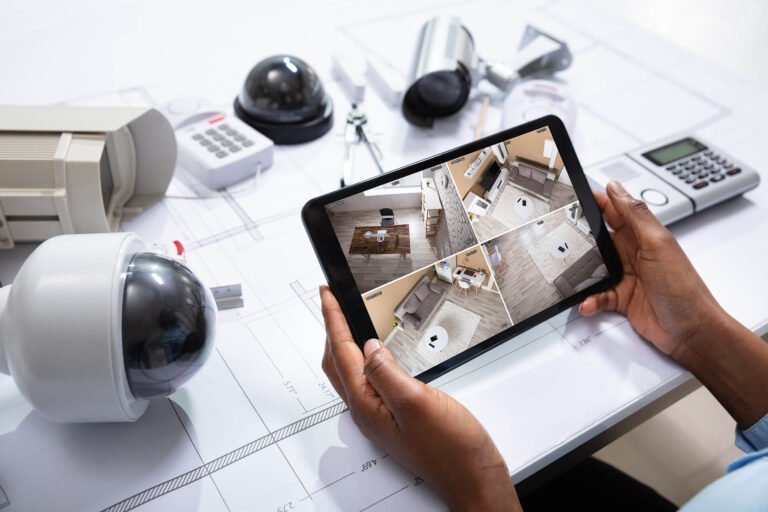
For home security, dome cameras are your best bet. They offer a discreet design that blends into any décor while providing wide-angle coverage and adjustable lenses. Dome cameras are robust and weather-resistant, making them suitable for both indoor and outdoor…
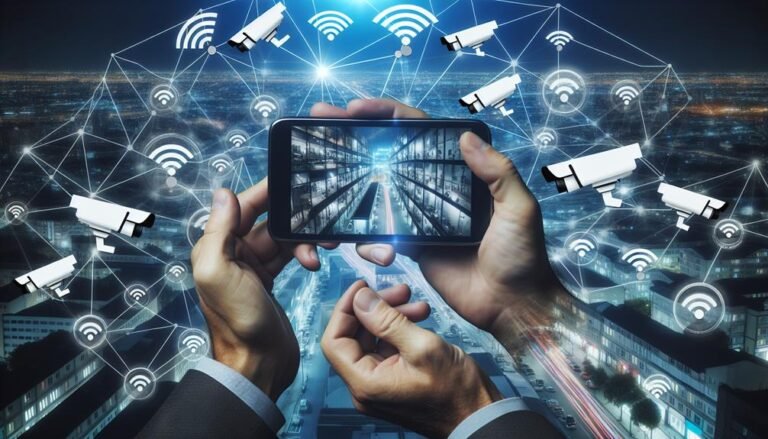
To watch your CCTV cameras from anywhere using the internet, start by choosing the right camera with high resolution, night vision, and Wi-Fi capability. Connect your system to a stable internet connection via Ethernet or Wi-Fi and perform port forwarding.…
